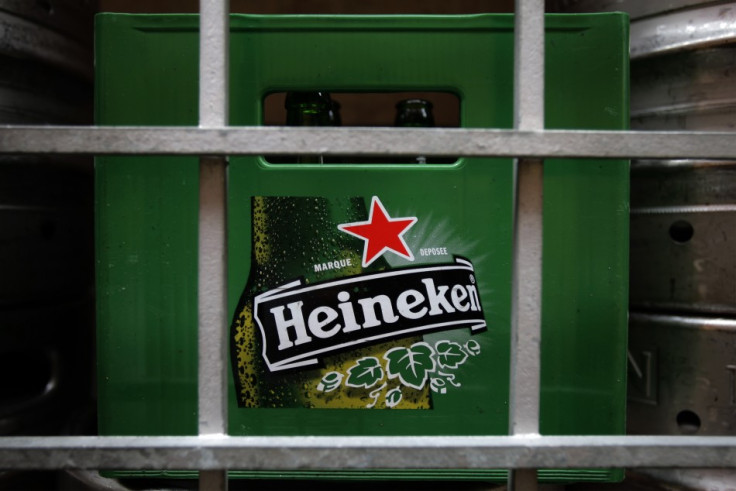Heineken and Carlsberg Blame Sluggish European Market for Disappointing Results

Two major companies in the European brewing industry, Heineken and Carlsberg, posted unimpressive results in the second quarter, as they blamed bad weather and sluggish European markets for poor performance.
The world's third largest beer brand, Heineken, posted 3% fall in the beer volume in the first half with a 1% decline in organic revenues, owing to an 8% decline its Western Europe market after a surge in the French beer taxes and continued bad weather in the Europe.
The Ducth company, whose popular brands include Amstel and Sol reported a 17% fall in net profit for the six months ended 30 June, to €320m ($428m, £273.3m).
"For the remainder of the year, economic uncertainty and ongoing weak consumer sentiment is expected to persist across many key markets," the company said in a statement.
"Consequently, although Heineken benefited from better weather conditions in July in Western Europe and anticipate improved volumes in some developing markets, Heineken does not expect a material change to underlying trading conditions across the majority of its markets."
The company also expects net profit to be broadly in line with last year on an organic basis.
Carlsberg's Performance
Heineken's rival, Denmark-based Carlsberg, reported a slight drop in operating profit and revenues, missing analysts' forecasts as the better Asian growth could not offset a slow-moving European market.
Also, the maker of popular Tuborg beer saw decline in the Russian market where it has a better foothold, as the Russian government increased beer taxes.
The company's operating profit before special items fell slightly to 3.44bn Danish kroner (£393.23m, $615.8m, €460.3m) in the second quarter. This is less than the previous year's 3.47bn kroner and comes in short of Reuter's analysts' forecast of 3.58bn kroner.
While company's eastern European sales dropped slightly in this quarter, it generated 10% growth in revenues in Asia region. About 80% of Carlsberg's sales are generated from western Europe or Russia.
European Brewing Industry
European brewers have left innovation by the wayside in recent months, instead focusing on the acquisition of rivals to diversify and expand. As a result, beer consumption in the region is declining.
"In general, compared to other consumer products like shampoo or ice cream, beer has been lagging on innovation. Brewers have been focused more on mergers and acquisitions. But you have to excite consumers. If you don't innovate you lose your attraction," Karel Zoete, an analyst at Rabobank, told the Financial Times.
According to data from British Beer and Pub Association (BBPA), beer sales dropped by 2.9% in the first quarter of this year as people switched to cider and wine.
To halt falling beer sales in Britain, brewing giants including Milson Coors AB-InBev, Carlsberg and Heineken had joined forces with the BBPA to launch the "Let There Be Beer" campaign.
© Copyright IBTimes 2025. All rights reserved.





















